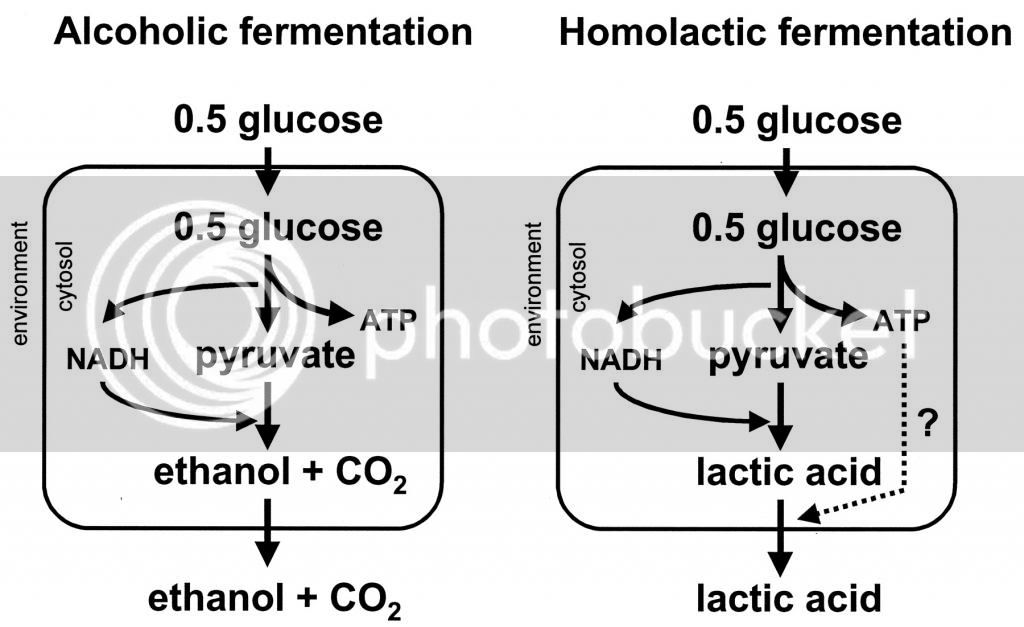bknifefight
Well-Known Member
So what exactly do you think the lacto is doing, if its not eating sugar?
I don't know, I never had a chance to ask before I killed them all in the boil :cross:
I only say that because my brewhouse OGs have been as expected or better when doing a sour mash. If they ate a significant amount of sugar, my readings would have shown it.





















































![Craft A Brew - Safale BE-256 Yeast - Fermentis - Belgian Ale Dry Yeast - For Belgian & Strong Ales - Ingredients for Home Brewing - Beer Making Supplies - [3 Pack]](https://m.media-amazon.com/images/I/51bcKEwQmWL._SL500_.jpg)





